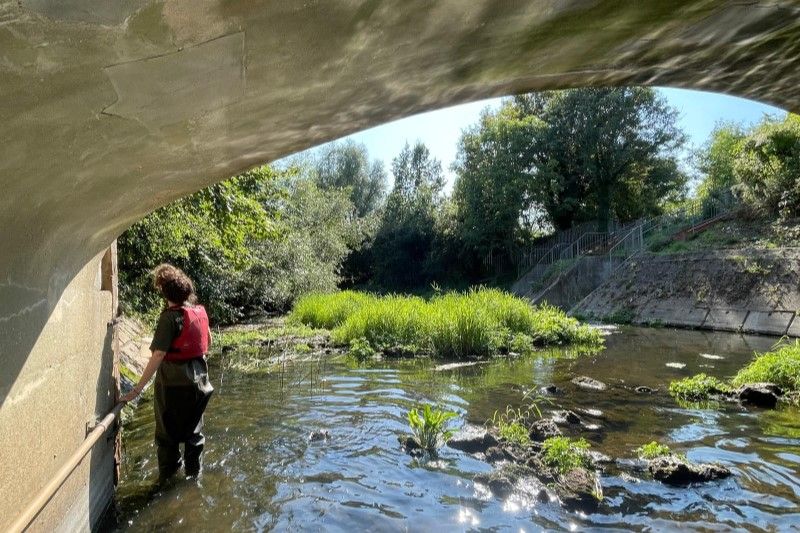Creating a future for endangered European eels
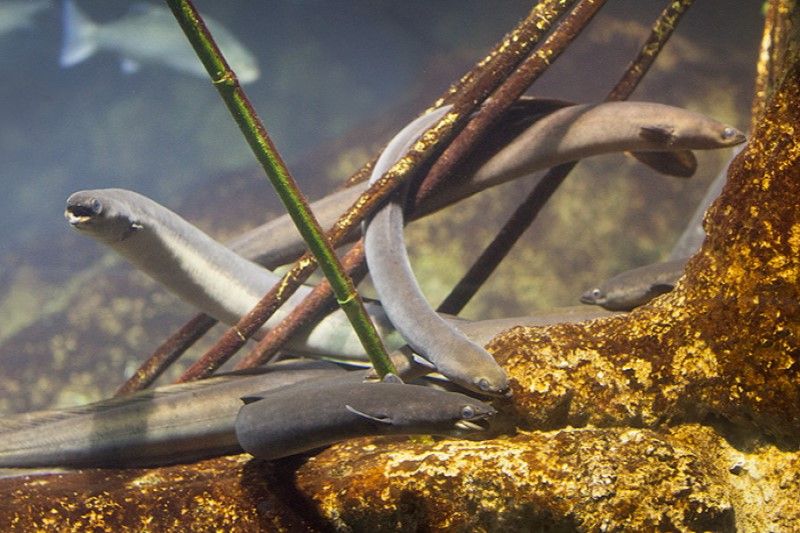
Historically, European eels thrived in UK waterways, but since the 1980s, their populations have suffered a dramatic decline
Incredible eels
European eels are one of the most incredible species in the world, migrating 6,000 kilometres from their spawning grounds in the Sargasso Sea to the rivers of Europe. Their life cycle is a natural marvel that spans decades and features astonishing transformations.
After hatching, eels begin their lives as tiny, leaf-shaped larvae drifting thousands of kilometres on ocean currents, turning into transparent glass eels when they reach European coastlines. Finally, they develop into elvers that navigate upstream into our rivers. Their phenomenal journey sees them navigating rivers and overcoming barriers to swim upstream; they can even travel across damp land to bypass obstacles such as dams and weirs, enabling them to reach inland waters far from the ocean where they finally mature into yellow eels before returning, once again, to the sea to spawn.
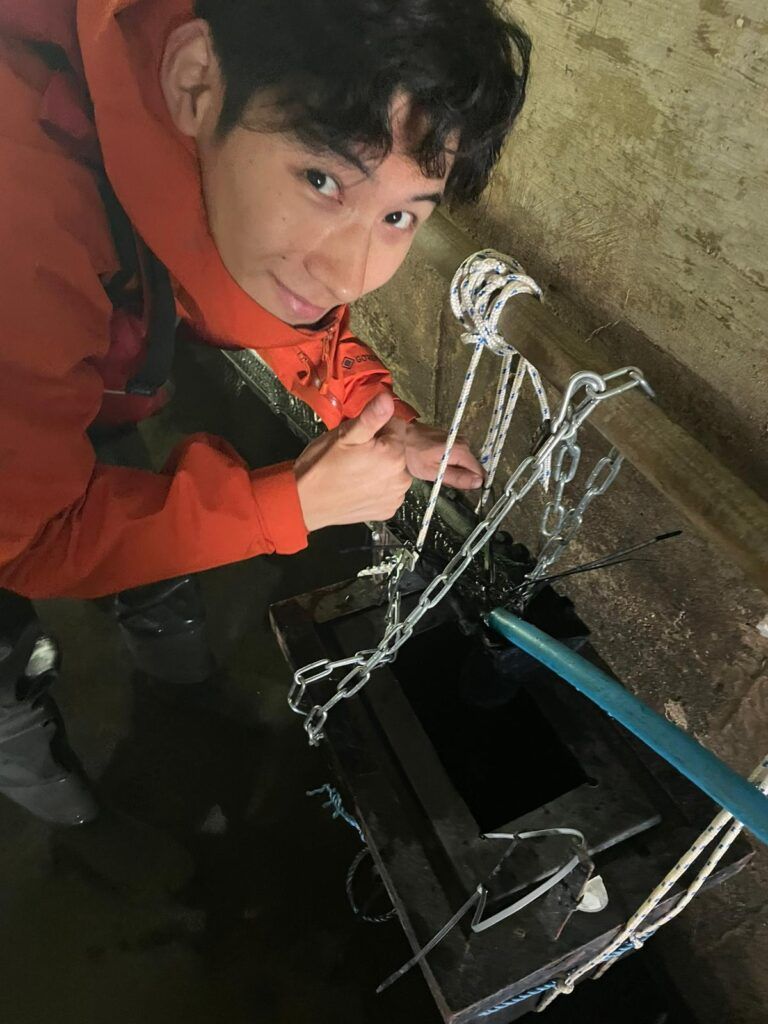
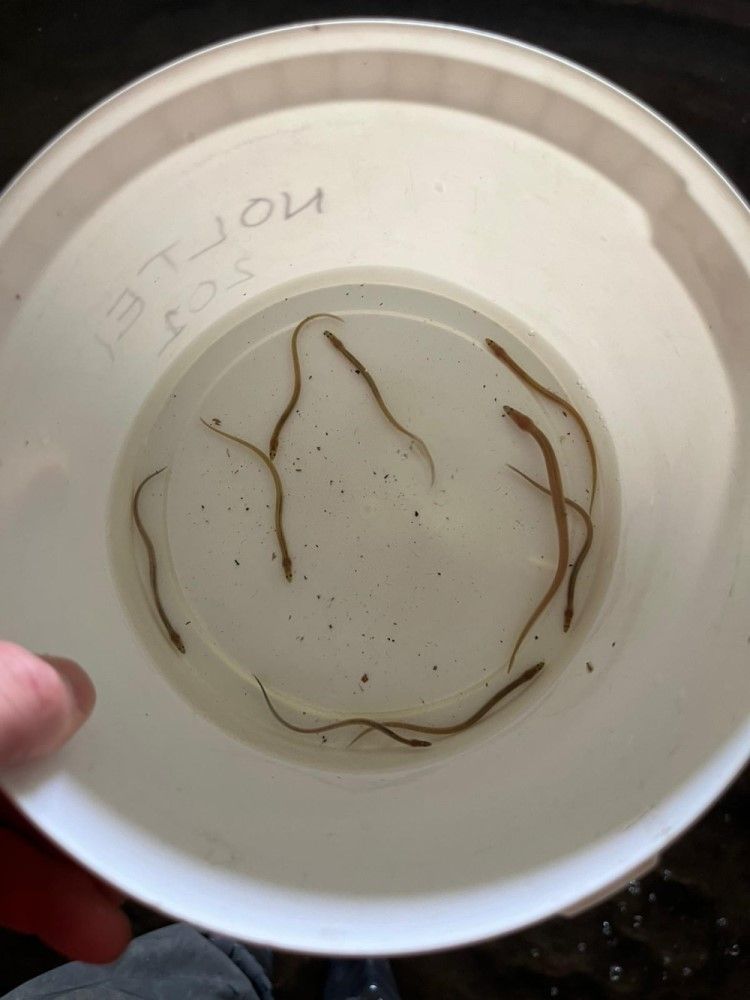
The decline in European eels
Once abundant in the Thames and other rivers throughout the UK, European eels were a vital part of local ecosystems. Historically, they thrived in UK waterways, but since the 1980s, their populations have suffered a dramatic decline. The number of juveniles, or “glass eels” reaching adulthood has plummeted by over 90%, resulting in them being classified as Critically Endangered by the IUCN. The decline of eels is driven by multiple factors: barriers like dams and weirs blocking their migration routes and impacting habitat connectivity, pollution, overfishing, especially of young eels, climate change and invasive parasites.
Revitalising eel conservation in the Thames
Our new intern, Matt Chen, is working with the team at Zoological Society of London (ZSL) to produce a new eel conservation action plan. The plan will enhance and prioritise eel conservation efforts in the Thames catchment area by supporting the development of a revised Thames Eel Action Plan which will replace the outdated 2010 place created by Defra.
Matt is organising a series of workshops with stakeholders to establish clear goals and objectives for the new plan. The group will prioritise and refine actions to ensure they’re impactful and tailored to the specific needs of the eel population living in the Thames catchment area. Once the workshops have been completed, Matt will identify which areas of the plan critically need improvement so work can immediately start on the priority actions to recover eel populations. Matt’s hopeful that his project will create a focused and effective action plan that will significantly improve the future for eels in the Thames River Basin.
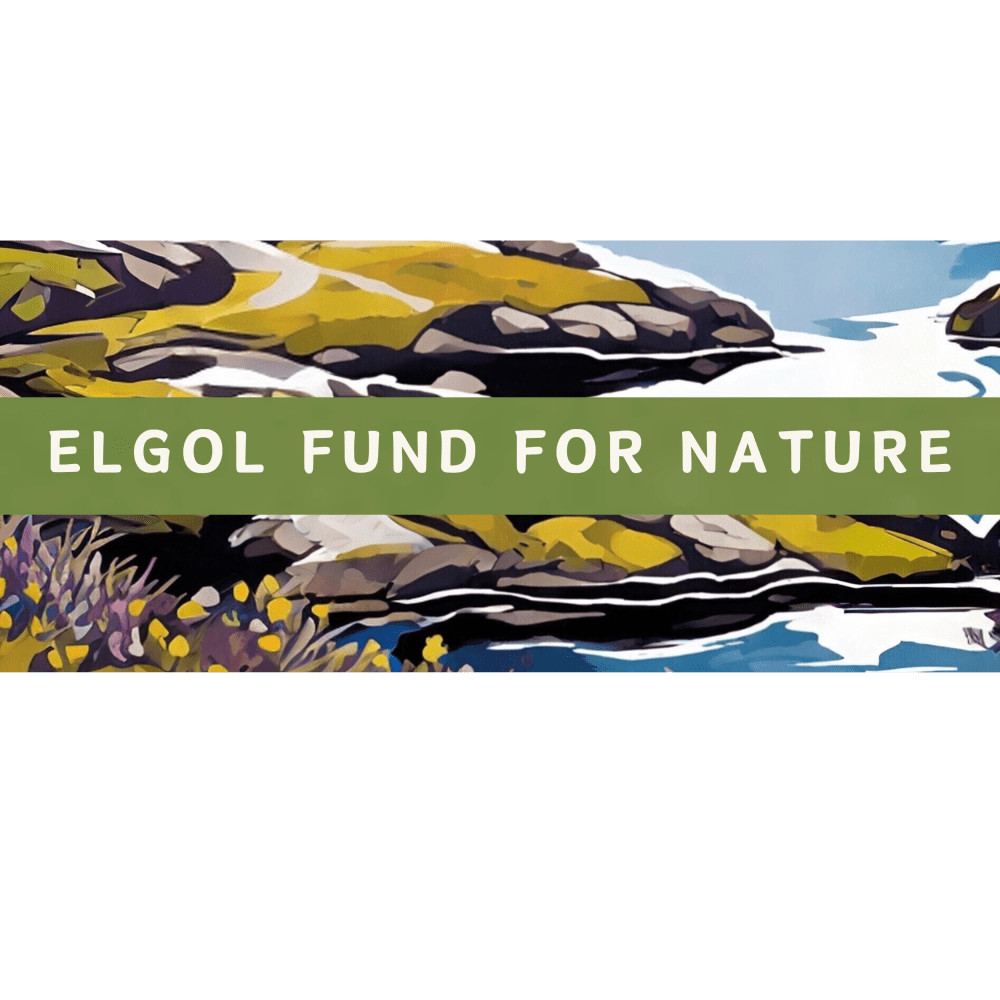
Thank you to the Elgol Fund for Nature for their generous support of our internship programme.

